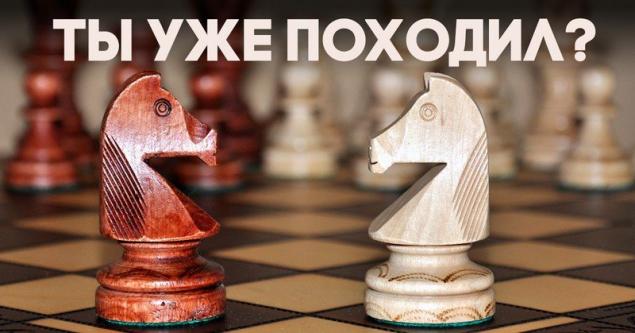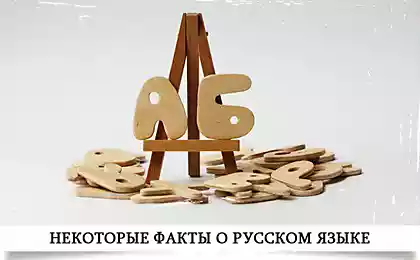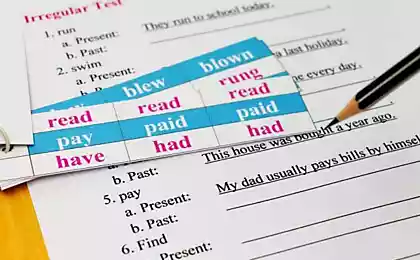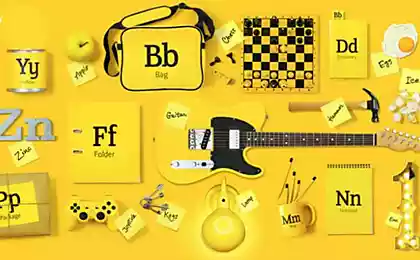184
How to learn to correctly use verbs in Russian
Historically, those who write and speak Russian have the most problems with commas and verbs. This is the second one we will talk about today. There are a number of verbs that people use almost every day, but in fact such words simply do not exist. Today we will discuss the most popular cases.

DepositPhotos
Editorial "Site" will tell you phrasingIt is associated with invented verbs that appeared by mistake.
Verb errors
Did you find any familiar verbs? It is time to forget about them and not use them again. The goodness of verbs in Russian is enough.
Earlier, we explained how to use words correctly and avoid redundancy in speech. This will be useful if you really want to learn to speak correctly!
It does not hurt to see our selection of words about food, in which it is better not to make mistakes.

DepositPhotos
Editorial "Site" will tell you phrasingIt is associated with invented verbs that appeared by mistake.
Verb errors
- Lodges.
Let's start with the pain. This unfortunate verb is misleading many, and getting rid of it is not so easy. But we still have to try. You cannot use the word “lodge” without prefixes. There are verbs “place”, “apply”, “lay out”, but without prefixes such a word does not exist. You just need to remember it and use the beautiful verb “to put”, for example, “to put tile”.
DepositPhotos - Come.
This error is due to the clever verb “go”, which in some derivatives appears the letter “y”, for example, “come”. So begins the unbridled fun, when people everywhere begin to insert the unfortunate “y” and write: “come”, “come”, “come”. In fact, “y” exists only in the initial form of the word “come”, and in the rest disappears. “They will come to us,” “he will come,” and so on.
DepositPhotos - Walked.
This verb is often used to mean “make a move.” A simple mistake from children's speech migrated into adult speech. We suggest you deal with this verb once and for all. So, the verb “like” has two meanings: walking for a while (he walked around the park and came back) and being like someone (the daughter looked like her mother). In the board game, this verb sounds inappropriate, so it is better to say “I made a move”, “I already went”.
DepositPhotos - I will.
Sounds ridiculous and not at all victorious, right? Exactly, because there is no such verb. If you want to say that you intend to win in some confrontation, it is better to say “I will win” or “I will win”.
DepositPhotos - Wygrall.
Again, that unfortunate "y." She's not needed here again. The mistake occurs when we quickly pronounce this word, there you can hear “win”, but in writing this can not be used. You have to say “win” and nothing else!
DepositPhotos - Sit down
You don’t have to put anyone away, that’s a bad word. This verb still comes across in dictionaries, but only with a note about common language. So you shouldn't say that. And cucumbers in the country, and children on their knees and guests at the table should be “planted”, but not “planted”.
DepositPhotos - Convinced or persuaded.
That's pretty good. fallacyIt's the same story as winning. Such verbs, by the way, quite a lot: convince, win, feel, weird and others. Rosenthal calls them "insufficient" because they are limited in the formation of personal forms. In a word, in this case, you can not say, here you need to use a descriptive construction: “I can convince”, for example. The story is the same with the other verbs.
DepositPhotos
Did you find any familiar verbs? It is time to forget about them and not use them again. The goodness of verbs in Russian is enough.
Earlier, we explained how to use words correctly and avoid redundancy in speech. This will be useful if you really want to learn to speak correctly!
It does not hurt to see our selection of words about food, in which it is better not to make mistakes.






























